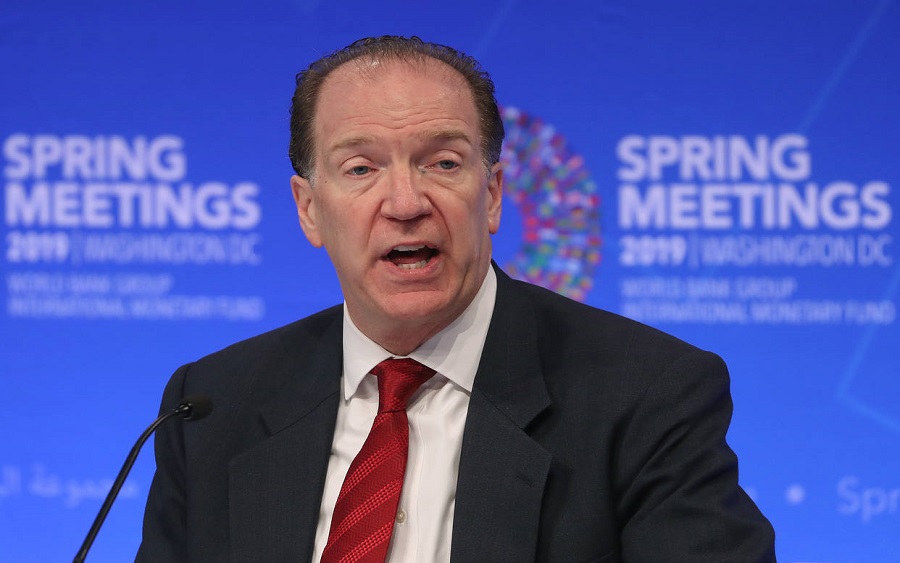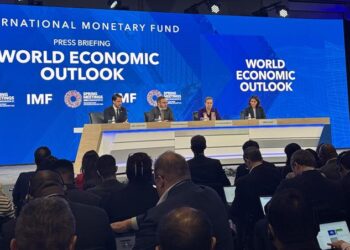The suspension period for the Debt Service Suspension Initiative (DSSI) scheduled to end on December 31, 2020 has been extended through June 2021, as contained on the website of the World Bank.
DSSI was established on May 1, 2020 by G20 countries on the advice of the World Bank and the International Monetary Fund (IMF), and has delivered about $5 billion in relief to more than 40 eligible countries.
READ: COVID-19: G-20 to extend debt relief to developing nations
The initiative is intended to help countries concentrate their resources on fighting the pandemic and safeguarding the lives and livelihoods of millions of the most vulnerable people all over the World.
READ: NCAA meets airlines over N22 billion debt, to implement payment plan
What you should know about the debt suspension initiative
- 73 countries are eligible for the temporary suspension of debt-service payments owed their official bilateral creditors.
- The G20 has also called on all private creditors to participate in the initiative on comparable terms.
- Both the World Bank and the IMF are strongly supporting the implementation of the DSSI – by monitoring spending, enhancing public debt transparency, and ensuring prudent borrowing.
- All the DSSI borrowers are committed to using all their freed-up funds towards increasing their social, health, or economic spending in response to the crisis, including disclosing all their public-sector related financial commitments (involving debt and debt-like instruments), as well as limiting their non-concessional borrowings to levels agreed under IMF programs and the World Bank’s non-concessional borrowing policies.
READ: World Bank hopes to cut down debts of poor countries rather than delay payments
Why this matters
Since the onset of the pandemic, many emerging markets are at significant risk of debt distress and a number of countries all over the world have announced their intention to seek debt restructurings.
COVID-19 has continued to pose unprecedented challenges and undue financial pressures on most countries across the world, more critical are the developing countries that already have huge debt burdens. In a period like this, the countries require significant liquidity and financing supports to deal with the pandemic, which the initiative is intended to serve.
READ: CBN sequesters N349.72 billion from banks in new CRR debits
Debt relief measures will help in providing some of the needed support, and the IMF and World Bank have announced enhanced lending facilities for developing country members to help in dealing with the COVID-19 pandemic crisis.
As the pandemic is yet to stem down or subside in most countries, with daily spikes reported in some countries; it has become necessary to extend the deadline to avoid financial overload that could lead to an inevitable crisis.

















